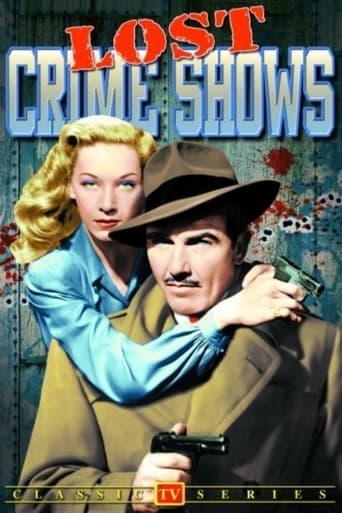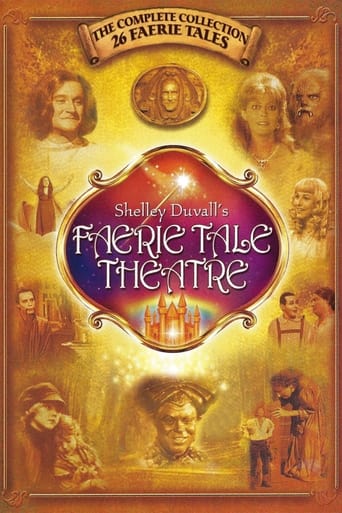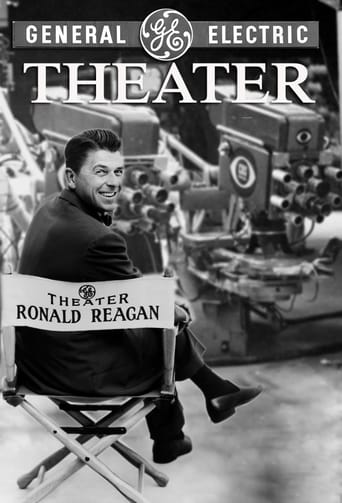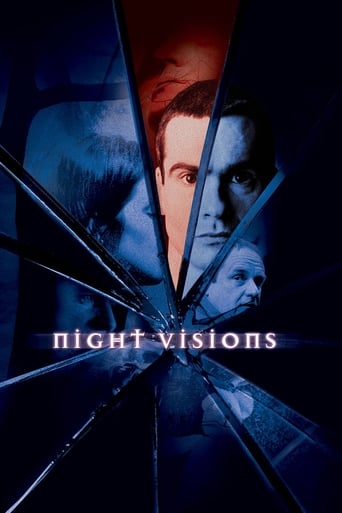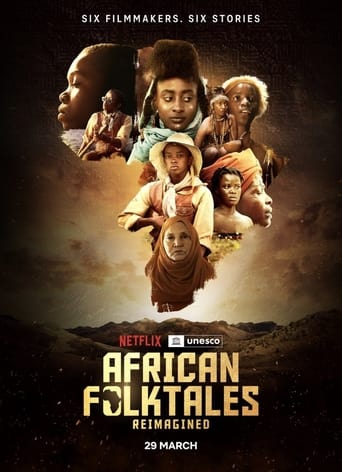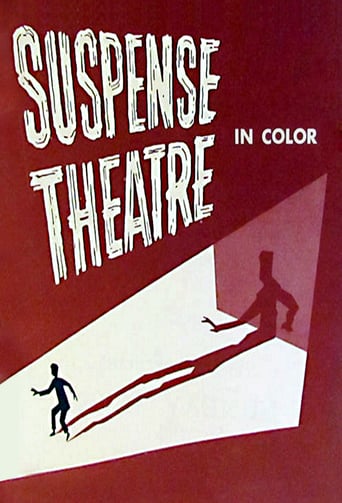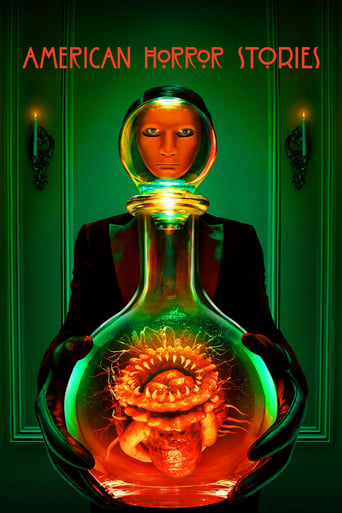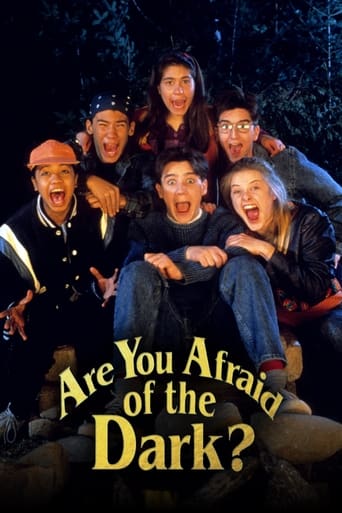Cavalcade of America (1952)
Cavalcade of America
1952
Cavalcade of America is an anthology drama series that was sponsored by the DuPont Company, although it occasionally presented a musical, such as an adaptation of Show Boat, and condensed biographies of popular composers. It was initially broadcast on radio from 1935 to 1953, and later on television from 1952 to 1957. Originally on CBS, the series pioneered the use of anthology drama for company audio advertising. Cavalcade of America documented historical events using stories of individual courage, initiative and achievement, often with feel-good dramatizations of the human spirit's triumph against all odds. This was consistent with DuPont's overall conservative philosophy and legacy as an American company dating back to 1802. The company's motto, "Maker of better things for better living through chemistry," was read at the beginning of each program, and the dramas emphasized humanitarian progress, particularly improvements in the lives of women, often through technological innovation.
Seasons & Episode

A Los Angeles police detective, school principal, and star athlete try to help a juvenile delinquent.

An engaged girl disagrees with her parents about the kind of wedding ceremony she should have. She wants an elaborate church wedding; her parents insist on a simple home ceremony.

The small community of Duluth, Ga., is desperately in need of a hospital, but refuses to accept a wealthy industrialist's check.

Portrays events in the later life of Johnny Appleseed, showing his influence on the pioneers who lived in a small community in the Ohio River Valley.

A truant-officer tracks down a kid who's not in school because he's watching his father drink himself to death.

An Austrian girl is desperate because she is about to be deported from the U.S. She prays to George Washington for help. This results in a mysterious encounter with a man named Casimir Pulaski.

A newspaper reporter that has lived his whole life believing in the biblical maxim of ?As Ye Sow, so Shall Ye Reap.? When he is seriously injured while investigating a juvenile gang fight, he begins to lose his faith.

An elderly man lets his son and the boy's bride live in the family home. His intentions are to turn the girl into a household slave, but she has a different idea.

During his imprisonment in a Japanese POW camp, an American flier finds that religion gives him the strength he needs to withstand hardship. He vows to return to Japan to preach the word of God if he is ever released.

Long-time partners in an antique business break up when one of them marries the other?s former girl friend. Each opens an antique store, keeping a wary eye on the other?s activities. When the married partner starts collecting cigar-store Indians, the other begins to thwart his every effort.

An ex-rodeo champion who feels he has failed as a father tries to gain respect in his son's eyes by going back to the rodeo where he was once successful.

A youngster steals a cake from a bakery to give his aunt. With the help of a friend his own age, the boy tries to keep from being caught.

As part of the Christmas festivities in a Latin-American village, youngster traditionally distribute gifts to other children whose parents purchased the presents. The gift-givers almost start a revolt one year by giving the gifts to the poor children instead.

A teenage Italian boy comes to this country to attend high school as an exchange student. He is thrilled and happy with everything about his visit, until he learns his family in Italy is in trouble.

A widow worries about the years ahead. All the children are living far away, and her house seems increasingly empty and lonely each day.

Story of two-time Olympic champion Bob Richards in Polevaulting (1952-1956), who started off as a young football halfback, then after winning Olympic medals moving on to the ministry.

A young Hungarian-American couple fall in love and plan to marry. They announce their intentions to their parents, and immediately a family rivalry emerges. Both fathers want to present impressive marriage gifts.

Principal John Norton befriends a youngster who is accused of robbery, and obtains a parole for the boy. He even gets him a job as cashier in the school lunchroom. When money is stolen from the lunchroom, the boy becomes the number-one suspect, and Norton again comes to his assistance.

An elderly Irishwoman is living alone in suburban home given to her by her married daughter. On a trip back to the Bronx to visit old friends, she discovers three orphan youngsters, and takes them home with her, without notifying the proper authorities.

Joe Loring, a college football player, doesn't know it, but Dewey Elton, a fellow student, has been writing letters home saying they are best friends. When Dewey dies unexpectedly, his parents arrive on campus and want to talk about him with Joe.

Joe Kohler happens to be in the wrong place at the wrong time. He witnesses a mob hit when a car deliberately runs over a pedestrian. When mob lieutenant Craig tells Joe that he had best keep quiet and even stops home with him to see his family, Joe gets the point. But Joe doesn't like being intimidated and goes to the police to tell his story and do the right thing.

During a dry spell, members of a preacher's congregation demand that he ask the Lord to send them rain. He refuses, which enrages his followers.

Young Trudy Marshall is an 11-year old who dreams of ending the feud between her parents and maternal grandfather. When she saves the life of an elderly Mexican bandit, the Calaveras Kid, he decides to help her.

After an attempted takeover of her ranch the widow is smitten by her hostile opponent.

Citizen's of an American town are infuriated when a Czech immigrant signs his name to one of the historical copies of the Declaration of Independence.

Young Brian Beck is addicted to telling tall tales. After he sees a man killed he tells his best friend Noah, that he is in danger. But the old man thinks it's another of Brian's stories and ignores the boy's pleas for help. With the killer getting closer, Brian decides to go after the criminal himself.

A caller plays a cat and mouse game with his intended victim when the roles become reversed.
Cavalcade of America is an anthology drama series that was sponsored by the DuPont Company, although it occasionally presented a musical, such as an adaptation of Show Boat, and condensed biographies of popular composers. It was initially broadcast on radio from 1935 to 1953, and later on television from 1952 to 1957. Originally on CBS, the series pioneered the use of anthology drama for company audio advertising. Cavalcade of America documented historical events using stories of individual courage, initiative and achievement, often with feel-good dramatizations of the human spirit's triumph against all odds. This was consistent with DuPont's overall conservative philosophy and legacy as an American company dating back to 1802. The company's motto, "Maker of better things for better living through chemistry," was read at the beginning of each program, and the dramas emphasized humanitarian progress, particularly improvements in the lives of women, often through technological innovation.
Watch Trailer
Free Trial Channels


